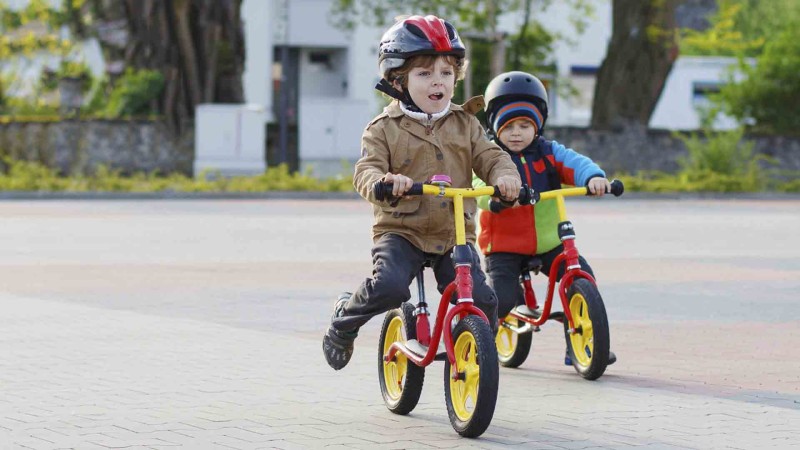Replace Generic Praise with Process Praise
Generic praise is easy to give -- Great job! Wow! Nice! -- but these statements lack instructional value. In contrast, descriptive statements -- also called “process praise” or “non-generic praise” -- share specific observations about children’s choices and efforts. They are teaching statements because they provide information children can use in the future. The trick, says Romero, is to help kids tie their success to the strategies and steps they are taking.
According one study, the type of language parents used with their one-to-three year olds was predictive of their motivational framework five years later. The most effective praise emphasized one of three things: a child’s effort, a child’s strategies, or a child’s actions.
Romero, one of the paper’s authors, said, “This was a really exciting study for parents. Their own language when they are talking to their kids makes a profound difference, despite the different messages they get from everyone else once they enter school. Positive messages from caregiver, alone, can be predictive.”
Romero urges parents to focus on what they notice. For very young children, it can start simple. Try replacing “Good job” with “Good job sharing with your sister”; or replacing “Nice picture” with "I like how you use blue and yellow in this picture."
“Process praise ties children's actions to their success,” says Romero. “If you help students understand that their actions lead to success, when they face a setback, they'll realize their actions can help them overcome that setback.”
Harness the Power of “Yet”
As preschoolers become more independent, they often toggle between the frustration of “I can’t do it!” and the excitement of “I did it myself!” When parents hear, “I can’t!” they can help the child reflect on the greater possibilities with language like this: “You can’t do it yet. You are still learning. But keep trying.” In other words, adding the word “yet” reframes the sentence away from present frustration and toward future possibility.
Research on the power of yet -- while still in progress -- holds promise, says Romero. In a recent TED talk, Dr. Carol Dweck, the Stanford professor who pioneered research in growth mindset, described how emphasizing the word “yet” helps children see themselves on a learning curve: “Just the words ‘yet’ or ‘not yet,’ we're finding, give kids greater confidence, give them a path into the future that creates greater persistence.” Last fall, Sesame Street picked on this theme, teaming with Janelle Monae to produce the song “The Power of Yet.”
Tell Stories of Resilience
Storytelling is a powerful vehicle for shaping children’s understanding of how the world works. According to one study, children who hear stories about how family members and ancestors overcame obstacles are more resilient in the face of challenges. The study’s authors note that the most helpful narratives are oscillating, reflecting life’s ups and downs, and ultimately reminding children that “they belong to something bigger than themselves.”
In a similar vein, parents and educators can remind children of their own stories of perseverance -- specific moments when the child worked hard to learn something new or overcome an obstacle. These might range from learning how to ride a bike to sticking with a difficult puzzle to adjusting to a new sibling.
The language we use helps shape young children’s understanding of themselves and their abilities. As Romero notes, "I think all parents want their kids to grow up to be resilient adults who persevere in the face of challenges and don't let their failures define them. A growth mindset orients people towards learning over performance. It helps children develop into lifelong learners who take on challenges and learn from them rather than crumble in the face of them. This ultimately leads to more success in school and in life.”


